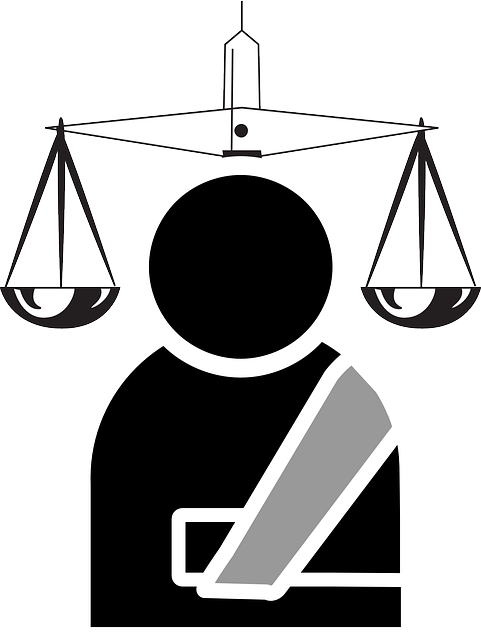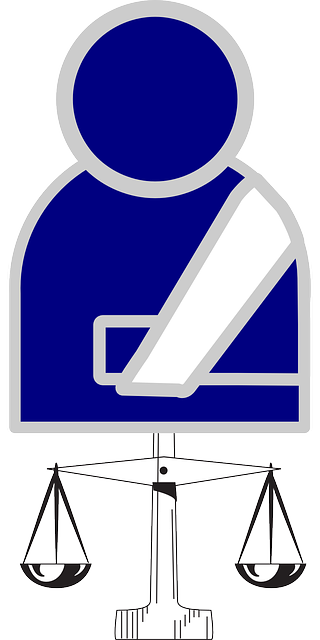PTSD injury claims present unique challenges in personal injury law due to their intricate nature, arising from traumatic events like combat or abuse. Claimants must prove this invisible injury through expert testimony and detailed documentation. Structured settlements offer a specialized approach, providing consistent financial support over an extended period for individuals with PTSD, ideal for managing ongoing treatment costs and promoting recovery. This method addresses the unique challenges of PTSD, ensuring stability, avoiding impulsive spending, and enhancing the quality of life for claimants.
“Navigating the complex landscape of PTSD injury claims requires a nuanced understanding of both the psychological trauma and the financial implications. This article delves into structured settlements as a game-changer in managing payouts for individuals with PTSD injuries. We’ll explore how these innovative solutions provide a symphony of benefits, ensuring a steady financial flow to support recovery. By understanding the intricacies of PTSD injury claims and the potential of structured settlements, folks can access the resources needed for a metamorphosis.”
- Understanding PTSD Injury Claims and Their Complexities
- Introduction to Structured Settlements: A Comprehensive Overview
- The Role of Structured Settlements in Managing PTSD Injury Claim Payouts
Understanding PTSD Injury Claims and Their Complexities

PTSD injury claims are a unique and complex area of personal injury law, particularly when compared to more straightforward cases involving serious injuries from accidents or product liability. These claims often arise from traumatic events, such as military combat, domestic abuse, or other forms of caregiver abuse, which can have profound and lasting effects on an individual’s mental health. The nature of PTSD itself—characterized by symptoms like flashbacks, nightmares, and severe anxiety—makes the process of pursuing compensation a nuanced and challenging one.
Claimants must navigate not only the emotional toll of their trauma but also the legal intricacies involved in proving PTSD as a result of specific incidents. Unlike physical injuries with readily apparent medical records, PTSD is invisible, relying on expert testimony and detailed documentation of symptoms to establish a direct causal link between the traumatic event and the mental health condition. This requires careful planning, thorough gathering of evidence, and a deep understanding of legal precedents related to psychological injuries.
Introduction to Structured Settlements: A Comprehensive Overview

Structured settlements offer a unique and tailored approach to compensating individuals who have suffered from PTSD injury claims. This method provides a comprehensive solution for those dealing with complex and long-term mental health issues resulting from traumatic events. By offering a structured payout over an extended period, these settlements ensure that victims receive consistent financial support as they navigate their journey towards recovery.
This alternative to traditional lump-sum payments is particularly beneficial for personal injury claims involving serious injuries and psychological trauma. It allows for better management of ongoing expenses, such as therapy, medication, and rehabilitation, which are often essential components of PTSD treatment. Structured settlements also promote a sense of security and stability, recognizing the ongoing nature of PTSD and its impact on an individual’s daily life and future prospects.
The Role of Structured Settlements in Managing PTSD Injury Claim Payouts

Structured settlements play a pivotal role in managing PTSD injury claim payouts by providing a structured and predictable cash flow for claimants suffering from complex and often lifelong conditions like post-traumatic stress disorder (PTSD). Unlike lump-sum payments that may be enticing, structured settlements spread out compensation over time, ensuring claimants receive consistent financial support while managing the unique challenges associated with PTSD. This is particularly crucial as PTSD can significantly impact an individual’s ability to work, maintain relationships, and access quality care.
By offering a steady stream of income, structured settlements help avoid potential pitfalls like breach of contract or partnership disputes that may arise from impulsive spending or financial mismanagement common among individuals dealing with severe psychological trauma. Unlike cases involving nursing home abuse, where the focus is on redressing specific harms, structured settlements are designed to offer long-term support, enhancing the claimant’s quality of life and promoting recovery in a way that lump sums often cannot achieve.
Structured settlements play a pivotal role in managing payouts for complex PTSD injury claims, offering a tailored approach to address the unique challenges faced by victims. By providing a steady stream of compensation over an extended period, these settlements empower individuals to access much-needed resources and support during their recovery journey. This innovative solution ensures that those affected by PTSD receive the financial security they require, enabling them to focus on healing and rebuilding their lives. Embracing structured settlements in PTSD injury claim payouts is a significant step towards delivering comprehensive justice and care.






